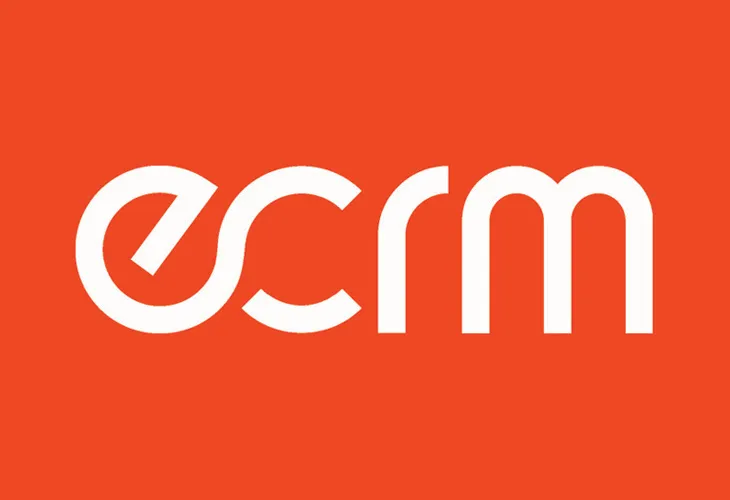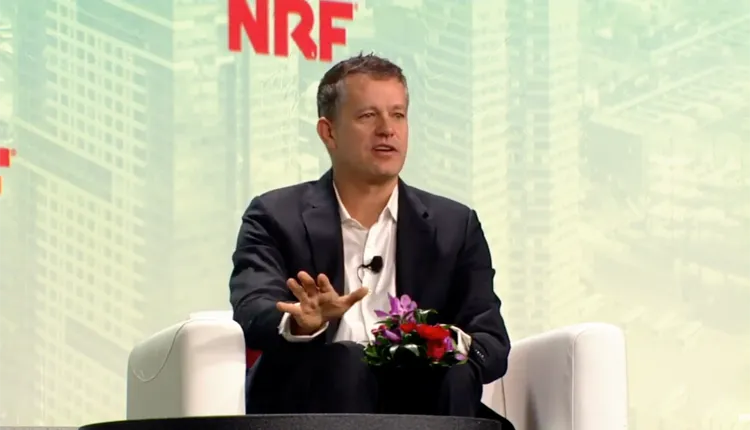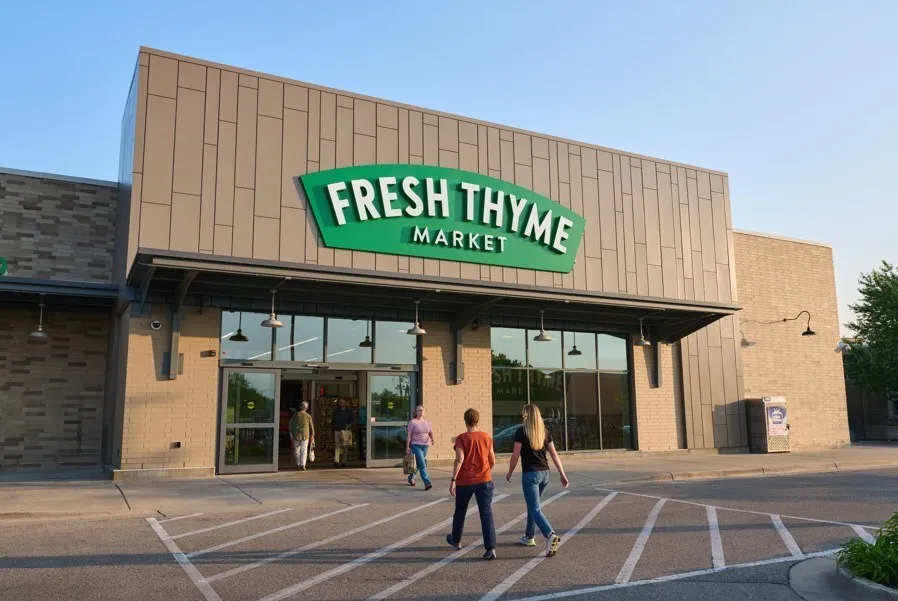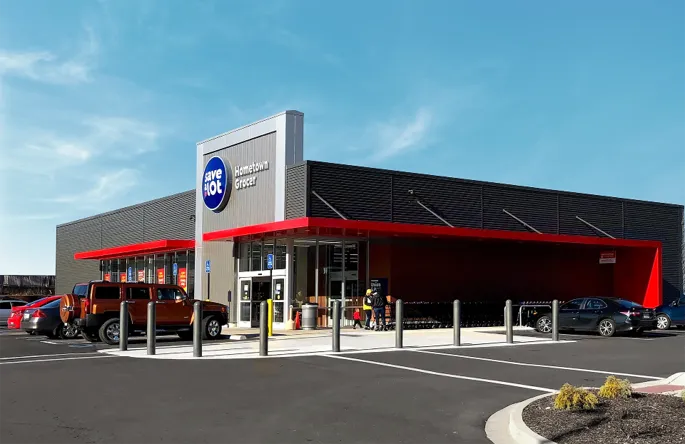Under the innovative and productive leadership of Greg Farrar, ECRM, the retailer- and supplier-focused sales and marketing organization, has emerged as one of the most important trade organizations serving the mass retailing community.
 This didn’t happen overnight. When Farrar signed on as ECRM’s president some seven years ago, the organization, which had been founded over 25 years earlier by legendary retailer spokesman Charlie Bowlus, was known simply as an events organizer, albeit with an innovative one-on-one meeting format and related enabling technology.
This didn’t happen overnight. When Farrar signed on as ECRM’s president some seven years ago, the organization, which had been founded over 25 years earlier by legendary retailer spokesman Charlie Bowlus, was known simply as an events organizer, albeit with an innovative one-on-one meeting format and related enabling technology.
No longer. Farrar has transformed ECRM into an organization whose impact on the mass retailing community cannot be overstated. The organization has emerged as a customer-focused, affiliate-driven operation whose stated purpose is sharpening the interaction between the two groups. The end result has been — and continues to be — the sought-after but often elusive goal of improving the business relationship between parties once known primarily for their adversarial relationship.
Today the focus of ECRM is the myriad product category-focused programs it conducts each year to facilitate interaction and commerce between retailers and suppliers. Each program consists of several components, including RangeMe, ECRM’s online product discovery platform, and feature an in-person “session.” Programs serve both the retailer and supplier communities by stressing productivity rather than the glossy but often ephemeral opportunity to write orders (though, in truth, this remains a core benefit to ECRM clients).
“ECRM has evolved significantly over the past several years,” Farrar says. “We no longer consider it an ‘event’ company, but rather a service provider focused on driving the growth of our customers’ businesses. Our consultative approach involves learning the needs and objectives of both retailers and suppliers and then developing specific solutions to meet them. We deliver value to our clients throughout every stage of a category program — before, during and after the in-person session.”
So it is that ECRM operates its programs around a set of initiatives that stress such concerns as diversity, innovation and education. The organization no longer views all brands as equals that require the same focus but stresses such differences as new or emerging brands, so-called challenger brands, and leading brands, each calling for a different approach within the mass retail community. So it is that during the 80 or so sessions the organization convenes annually here and overseas (ECRM has gone so far as to open an office in the Netherlands) the group puts a premium on insights, involvement and commitment, while relegating size and impact to a less important role. So it was that, at a recent session in Chicago, ECRM offered a session to participants from outside the U.S. on how to do business in America. The session, attended by representatives from some 25 countries, featured presentations by staffers representing such impressive organizations as Walgreens, H-E-B and IRI. Participants emerged from the session with a keener grasp of the many and often confusing nuances surrounding the business of doing business in America.
It is innovative programs such as this that have transformed ECRM into an organization that represents its times as religiously as it does the organizations it serves. To that end, it is staffed by a team of people who understand what comes next — and even tackles the tricky question of what comes after what comes next. That’s why, as well, the focus is on the participants, not the organization, and why budgets, budget planning and budget meetings have emerged as being of equal importance to buying and selling sessions. Farrar, never satisfied, emphasizes the fact that ECRM remains a work in progress, an organization that “continues to evolve.” Yet the focus is always on improvement, on transforming the good into the better, the almost good enough into the better than good enough.
So it was in January when, as the Chicago session ended and bags were packed, the discussion had already turned to the next session, the next agenda, the next opportunity to make an impact — and a difference. For, after all, that’s the way the 21st century has emerged in the mass retailing community — and that’s why ECRM is making more of a difference today than it has yet done.







